About
The Sled Island Music & Arts Festival and Byta / byta.com, the platform for sharing digital audio files and streams, are partnering to present a free, online, four-day symposium. The goal is to explore how the music ecosystem will evolve and adapt to the developing digital landscape and most importantly, what first needs to be considered to do so thoughtfully. Each day will feature two panels hosted online, free and accessible to all.
The full schedule can be viewed here.
From February 15th to the 18th, Rebooting The Music Mainframe: Ctrl+Alt+Del will offer artists and their teams insights into evolving their strategies when it comes to developing digital best practices, setting career goals and re-evaluating creative opportunities. Panelists will discuss and examine known and unknown obstacles that face the music of today and tomorrow and offer possible solutions.
Despite unprecedented access to tools for creation and distribution, access to the networks and knowledge-building required to navigate a career in music remain out of reach for many. Sled Island & Byta’s goal is to generate discussions resulting in useful knowledge-based tools to support and better develop long-term careers in music. As the world of technology is becoming inseparable from music making, representatives from both communities will offer their navigational tips.
Panels will explore a wide array of topics including: digital technology’s relationship to accessible creativity, empowering your algorithms to ensure representation and access, the role of music archives in the digital age and their impact on both preservation of art and careers, how-to present online events that are sustainable and don’t dilute a core artistic vision, fair pay for artists and all other parts of the music ecosystem, the shifts in how music organizations and associations communicate with and respond to their community’s needs, a report on the state of music sharing, and how to turn digital possibilities into means of enacting real-world change.
Schedule
| Tuesday February 15th | Wednesday February 16th | Thursday February 17th | Friday February 18th |
|---|---|---|---|
| What Does the Music Community Need from its Organisations? Noon MT / 2PM ET – Zoom | The Minimum Standard Conundrum: How Do We Get Collective Buy-in? Noon MT / 2PM ET – Zoom | The State of Music Sharing: A Whitepaper Noon MT / 2PM ET – Zoom | The Digital Archive: Who is Responsible for Music’s History Noon MT / 2PM ET – Zoom |
| Inherent Bias: The Barriers to Music Discovery 6PM MT / 8PM ET – Zoom | How Do I DIY: Technology & Accessibility 6PM MT / 8PM ET – Zoom | Virtual Events : What is the Future of the New Normal 6PM MT / 8PM ET – Zoom | From Streets To Screens To Courtrooms: Enacting Change In The Music Industry Through Technology 6PM MT / 8PM ET – Zoom |
Tuesday Feb 15th
What Does the Music Community Need from its Organisations?
Noon MT, Zoom
Moderator:
Robyn Stewart – Executive Director & CEO, Western Canadian Music Alliance and BreakOut West
Panelists:
Georgia Taglietti – Strategist & Consultant
Nadia Khan – Chair of AIM/ Founder of Women in CTRL, and Music Consultant
The Music industry is made up of many different organisations supporting musicians and those working in and around music. These range from trade and regionally focused to newer ones supporting a wide variety of underrepresented voices around the world. Each of these organisations play a vital role, but how do they achieve their goals, and have these goals changed over time? How do they enrich the future of the music community? As the music ecosystem naturally evolves, why are these organisations so important to the future of the industry? This panel will explore the music community’s needs and their relationship with these organisations, and if it has changed over time and why?
Inherent Bias: The Barriers to Music Discovery
6pm MT, Zoom
Moderator:
Annabel Ross – Freelance Journalist
Panelists:
Peggy Hogan – Music educator and researcher, content producer and recording artist
Jewell Sparks – Founder and CEO of BiTHOUSE Venture Group
Music discovery might seem straightforward and incredibly democratic. Individuals, artists or those in the music industry, simply looking to uncover new music. Unfortunately many of the places or platforms where that search begins already have their own inherent bias. What are the barriers that are slowing down the process of a more democratic music discovery, especially when it comes to underrepresented artists and their music. How do these biases, often programmed deep within an algorithm, get broken down or hacked? What are the workarounds? This panel will explore how underrepresented artists, communities and their music can make it into the formula, or circumnavigate it completely?
Wednesday Feb 16th
The Minimum Standard Conundrum: How Do We Get Collective Buy-in?
Noon MT, Zoom
Moderator:
James Goddard – Director, Suoni Per Il Popolo
Panelists:
April Britski – Executive Director, CARFAC
Rosalyn Dennett – Outreach & Communications Coordinator, CFM
CARFAC, the national voice for Canada’s professional visual artists, was founded in 1968. In 1975, following successful lobbying on its part, Canada became the first country to consistently pay exhibition fees to visual artists.
As we enter 2022, musicians are still paid however much show promoters deem sufficient or can afford for their performances, with musicians, their managers or booking agents doing what they can to fight for door percentages and guarantees. Despite obvious inequities, there are still no real industry-wide minimum payment standards for musicians playing shows. This discussion aims to uncover what the music ecosystem can learn from CARFAC’s success, while examining the differences between the two sectors and their consequences on minimum standard models. New technologies have been developed to help artists track and get paid for streams and publishing, but what about live performances? Can technology help win this fight? Are there any existing models out there that have been successful in raising the bar, and how can we get collective buy-in from an industry that has done things its own way for so long? These are some of the questions our panel will explore and attempt to answer.
How Do I DIY: Technology & Accessibility
6pm MT, Zoom
Moderator:
Erin Gee – Media Artist and Composer
Panelists:
Anthony Albanese – Composer, Performer and Educator
Michael ‘MJ’ Jacob – Hip-Hop Artist
Lisa Kacos – Artist and Educator
I think we all know that the accessibility to the creative process through technology has advanced quickly but how does that accessibility affect those under-represented communities and their music.Today artificial intelligence can now be used as a creative tool as well as in the final stages of production. Being able to use affordable gear, platforms and apps from the internet or on your computer and having your bedroom be your studio, that is just part of what accessibility means. What does it mean to be under-represented and what does that do to the creative process? In this conversation we will talk about the technologies, including AI, that have developed over time, making it easier to create music independently. They will also discuss some of the barriers that remain in place still making it difficult for some people to access all this new gear and make their music.
How do online tools and digital technologies change the power dynamic?
Thursday Feb 17th
The State of Music Sharing: A Whitepaper
Noon MT, Zoom
Moderator:
Marc Brown – Founder and CEO, Byta
Panelists:
Shawn Reynaldo – Music Journalist
John Sullivan – Musician and Postdoctoral Researcher
In December of 2021 Byta / byta.com released a Whitepaper on The State of Music Sharing . The report is the first of its kind on the topic, examining the current challenges faced daily when sharing digital audio files and streams across the music ecosystem.
In the world of music, few practices are more widespread than the sharing of digital audio files and streams. Whether you’re a professional musician, a casual hobbyist or one of the countless people working behind the scenes in the industry, it’s a near certainty that part of what you do involves sending or receiving files—and in many cases, both.
This panel will consist of a round table discussion highlighting the research process, the writing and the results uncovered in this whitepaper.
The State of Virtual Events : What is the Future of the New Normal
6pm MT, Zoom
Moderator:
Laura Simpson – CEO + CoFounder, Sidedoor
Panelists:
Tim Crabtree – Paper Beat Scissors
Brandon Nales – Head of Content and Artist Discovery, The Digilogue
After two years of musicians, festivals and conferences having to pivot to online events, what have we come to better understand about what works? Musicians, artists, promoters, event producers and community organisations have attempted to take advantage of the unique properties that digital event technology can offer. They can’t just turn old stage performances into a webcam-sized talking head feed, but many did. What are some of the elements that a virtual event can offer that live can not? With a new normal slowly transitioning back into live, will audiences and embrace a blend of virtual and live performances and events? What advantages can be accessed when presenting virtual performances and events? Our panellists will explore and discuss how we did when transitioning to online, and what the path back to live might look like.
Friday Feb 18th
The Digital Archive: Who is Responsible for Music’s History
Noon MT, Zoom
Moderator:
Shawn Petsche – Festival manager,
Sled Island Music & Arts Festival
Panelists:
Hessel Van Oorschot – Founder and ‘Chief of Noise’, Tribe of Noise
Norie Guthrie – Archivist, Special Collections Librarian
Jessica Thompson – Mastering and Restoration Engineer
When it comes to digital music how do we properly archive and then make that archive accessible for music re-discover? What happens when music is no longer a physical item to stumble across in a garage sale or second hand record store? The internet can quickly become a giant rabbit hole of discovery but what about an actual archive for all of this creativity? As soon as the vast majority of music began not only being distributed digitally, but was also being recorded and assembled on computers, did a new generation of alternative, experimental and under-represented music, begin to slowly disappear? Spotify has said that over 60 000 new songs are uploaded every day to their platform. Has the entire internet and these platforms now become one giant archive with little or no filing system?
This panel will explore some of the challenges involved when music only exists digitally. How do we begin to archive these thousands of tracks, or should we even try, and who is responsible?
From Streets To Screens To Courtrooms: Enacting Change In The Music Industry Through Technology
6pm MT, Zoom
Moderator:
Shawn Petsche – Festival manager,
Sled Island Music & Arts Festival
Panelists:
Tom Beedham – New Feeling
Reid Blakley – UMAW
Maggie Vail – Cash Music / Artist Rights Alliance
When the notoriously slow-to-adapt music industry comes up against times of rapid and unprecedented change in norms for music delivery, artist and supporting industry compensation, and larger social and cultural movements across the globe, how can thoughtful and forward-thinking re-modelling be ensured? In the face of tech-enabled impersonal and alienating algorithms and unfair streaming revenue systems, advancements in digital communication and information gathering also enable the forces rallying to ensure a more equitable music future. From relentless government lobbying to increased global awareness on formerly less understood issues, and from the introduction of new legislation to community-building across the globe though new technologies, From Streets To Screens To Courtrooms will seek to inspire and empower those looking to change the way artists, fans and supporting industries live, learn and create for years to come.
Panelists
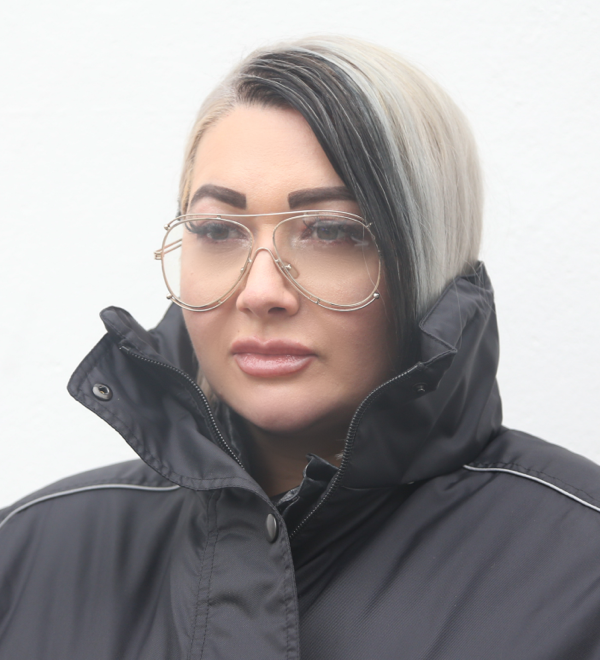
Chair of AIM/ Founder of Women in CTRL, and Music Consultant
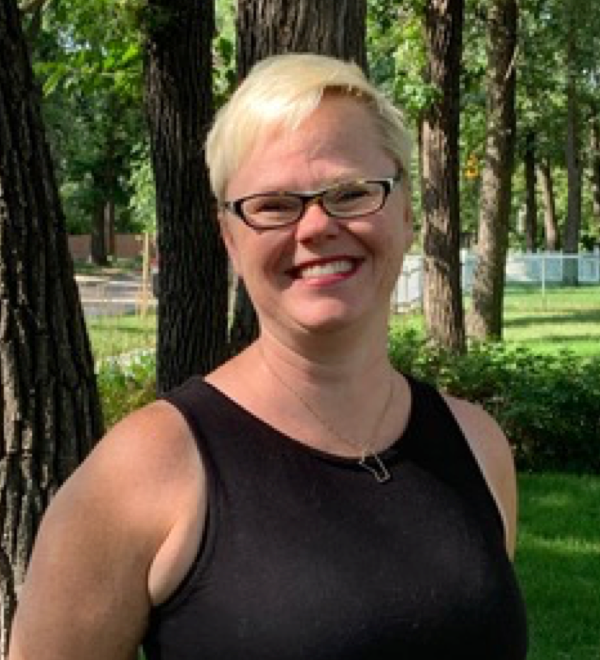
Executive Director & CEO, Western Canadian Music Alliance and BreakOut West
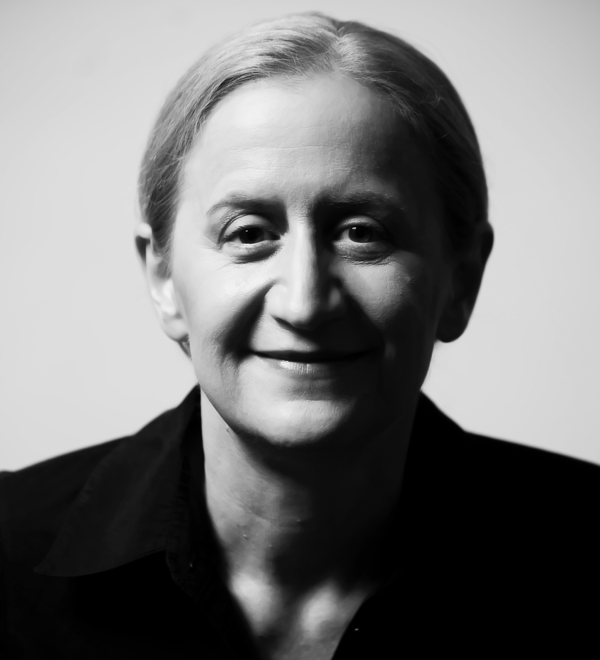
Strategist & Consultant
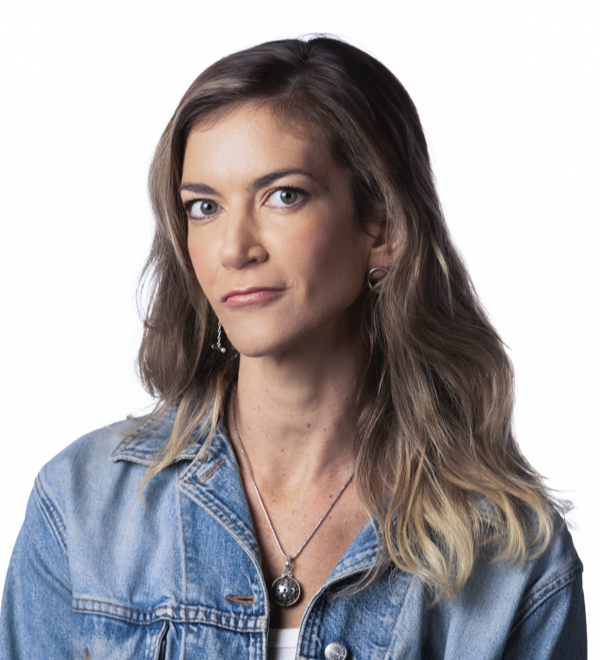
Freelance journalist

Music educator and researcher, content producer and recording artist
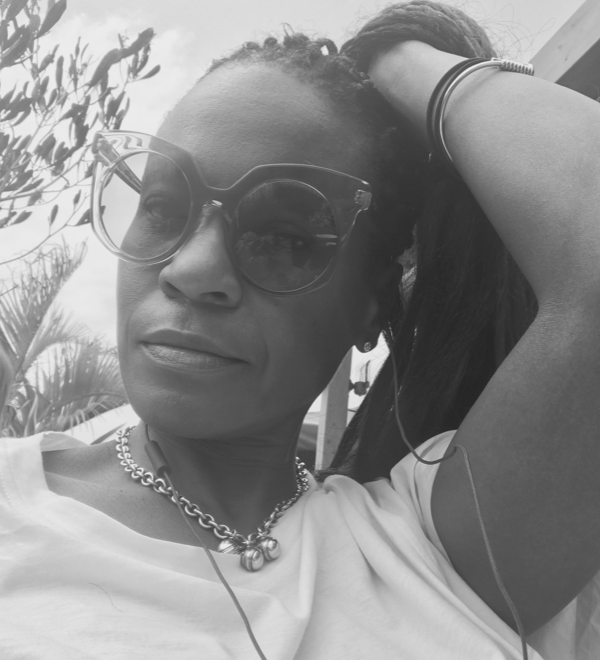
Founder and CEO of BiTHOUSE Venture Group
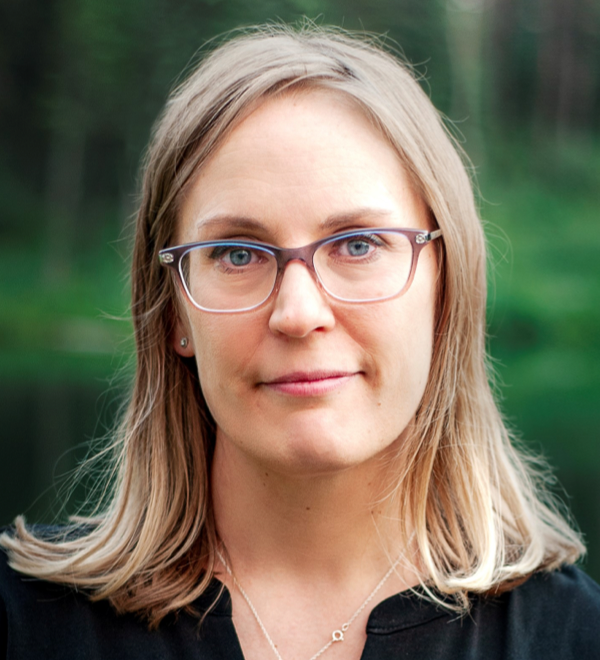
Executive Director, CARFAC
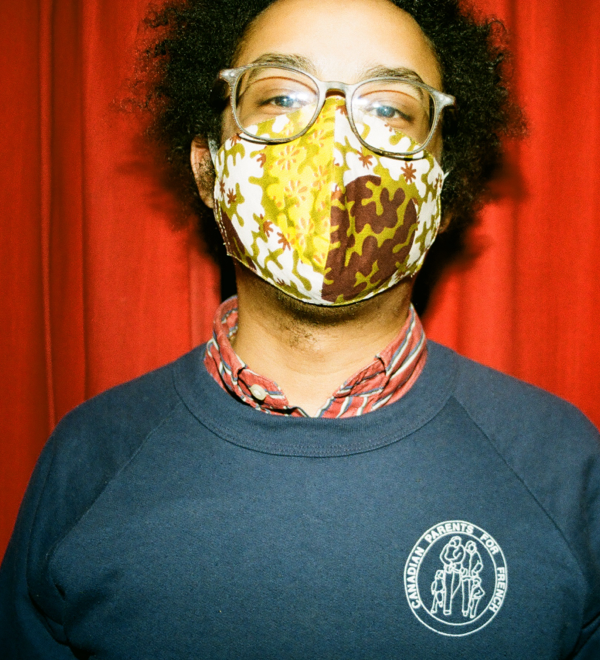
Director, Suoni Per Il Popolo
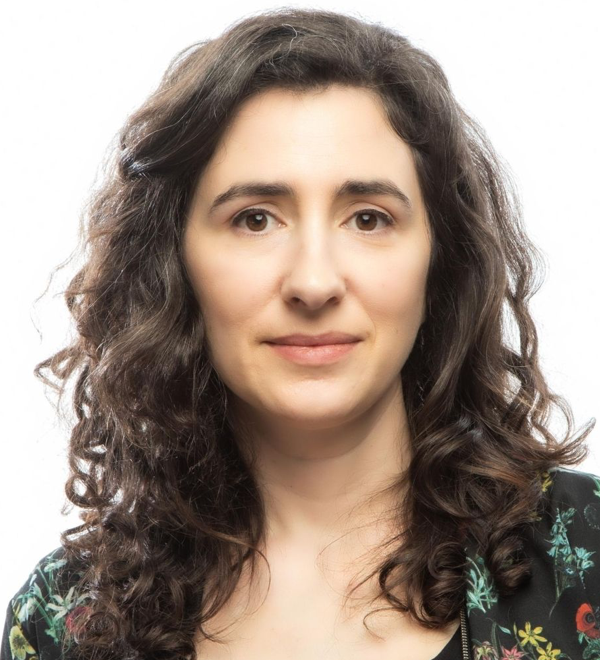
Outreach & Communications Coordinator, CFM

Media Artist and Composer
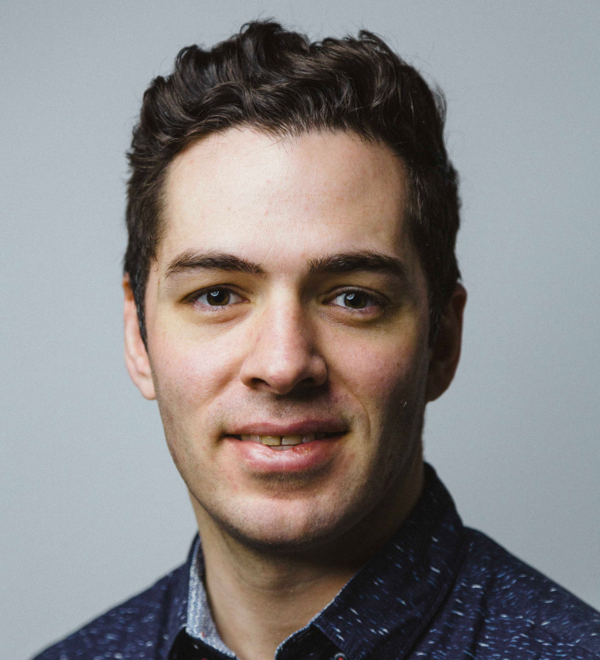
Composer, Performer and Educator

Hip-Hop Artist
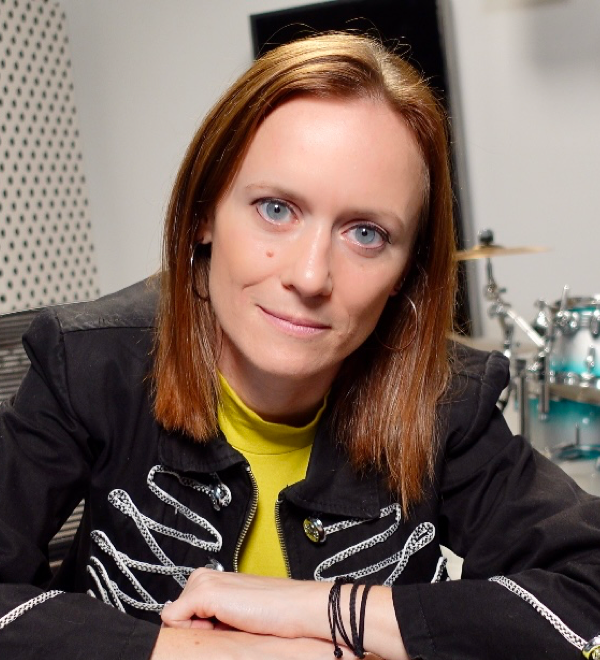
Artist and Educator
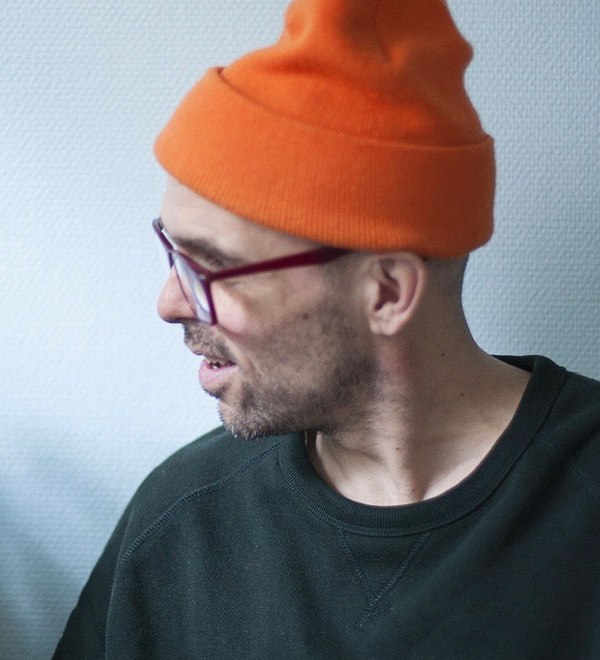
CEO + Founder, Byta

Musician and Postdoctoral Researcher
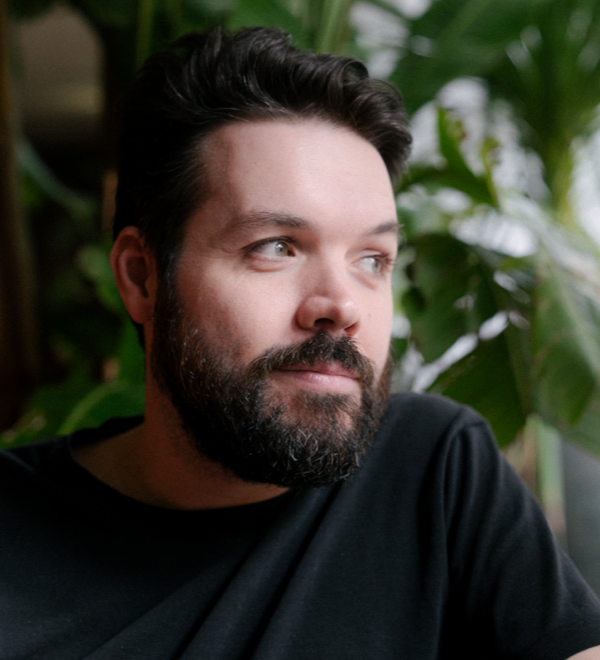
Music Journalist
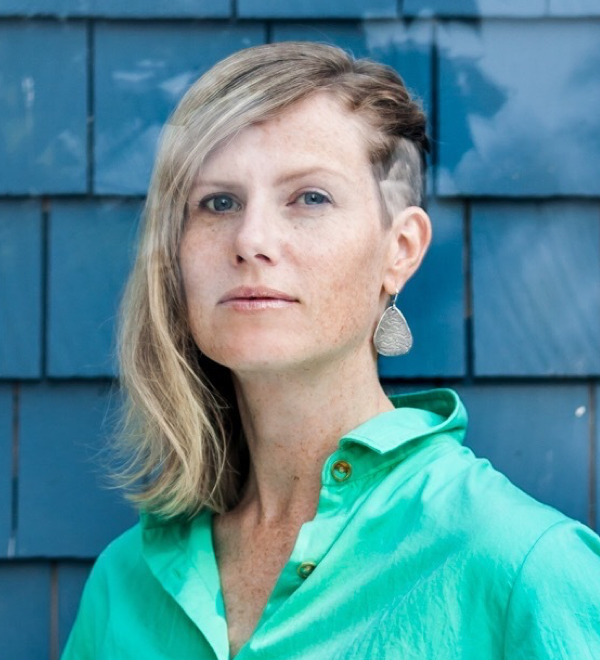
CEO + CoFounder, Sidedoor

Paper Beat Scissors
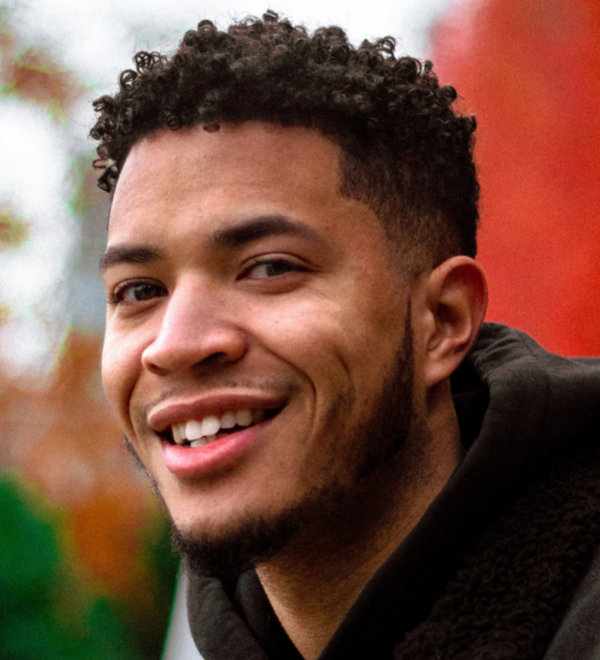
Head of Content and Artist Discovery, The Digilogue
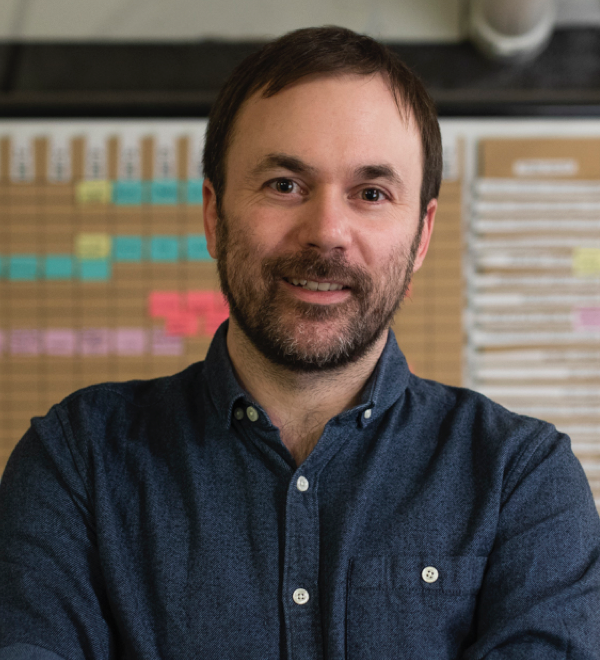
Festival manager,
Sled Island Music & Arts Festival
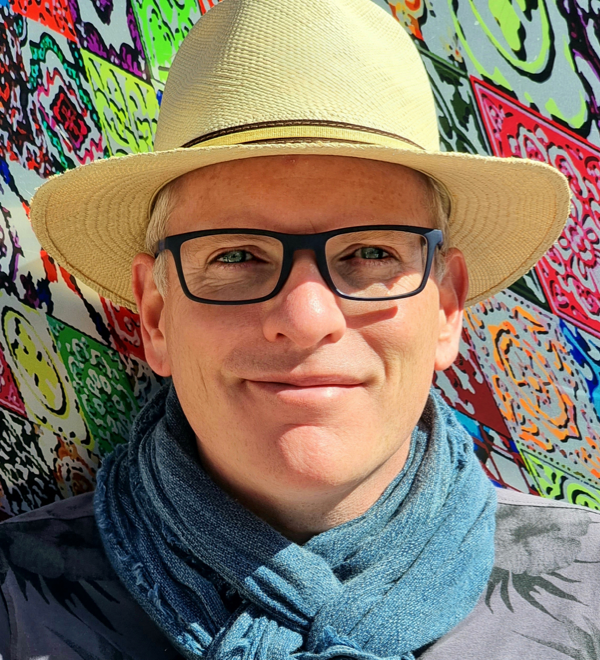
Founder and ‘Chief of Noise’,
Tribe of Noise
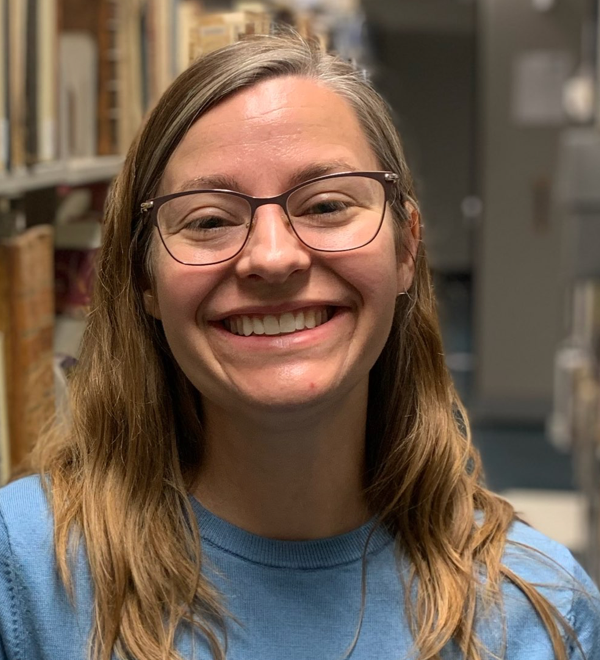
Archivist, Special Collections Librarian
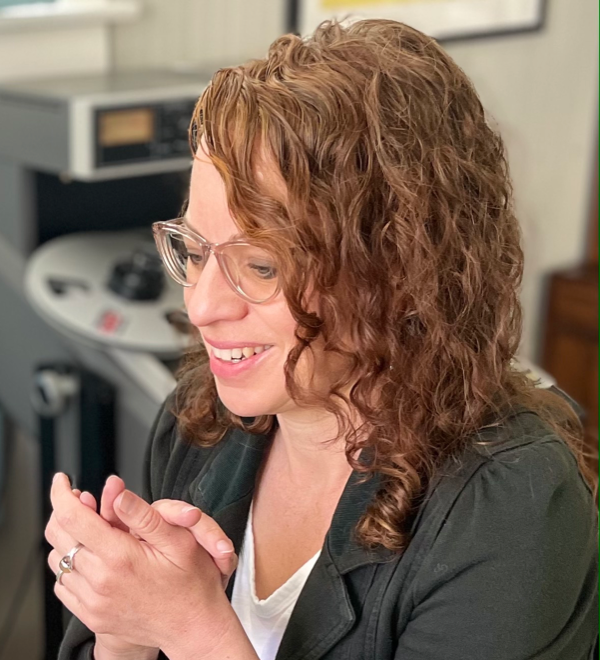
Mastering and Restoration Engineer
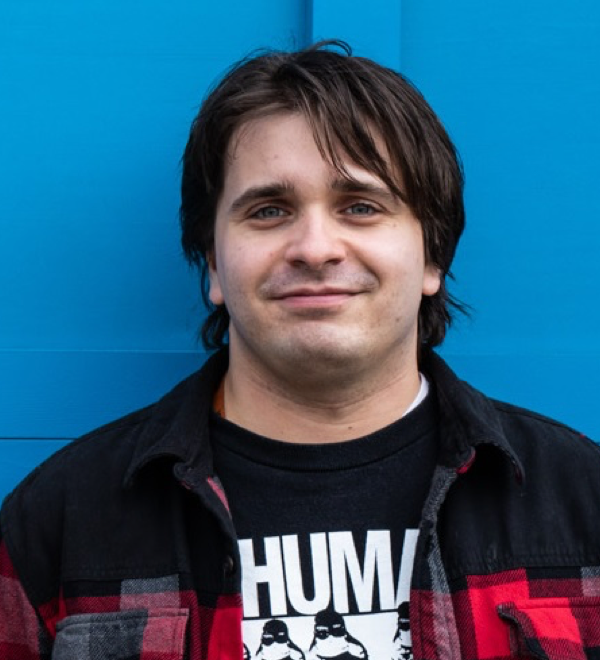
UMAW
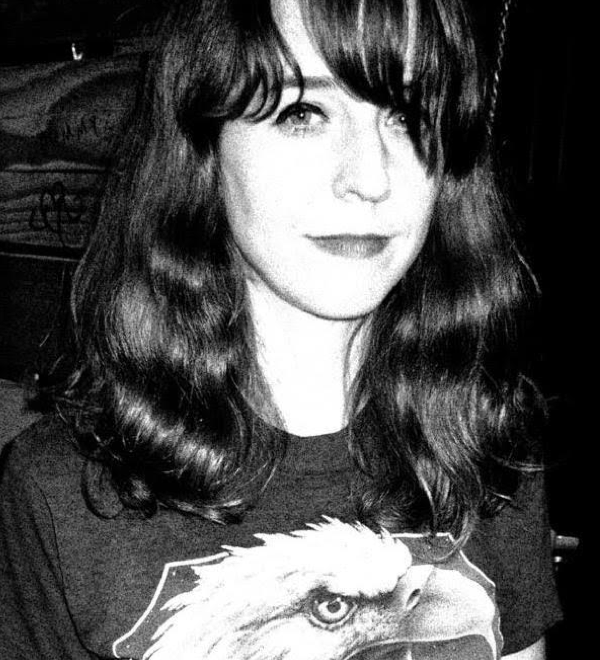
Cash Music / Artist Rights Alliance
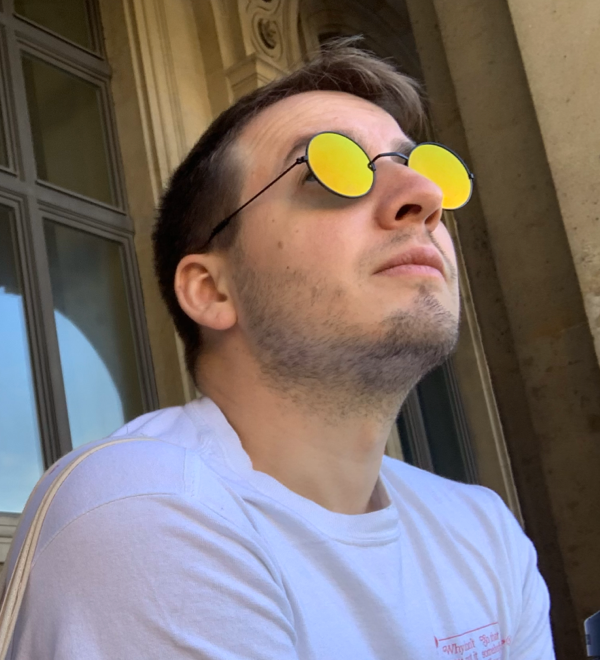
New Feeling